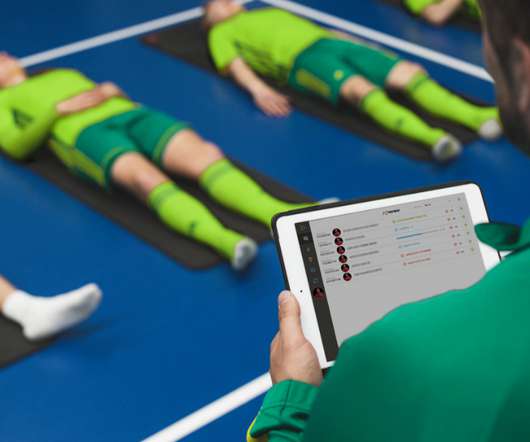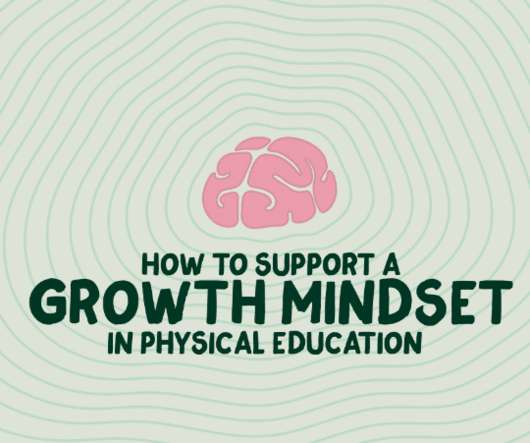How Music Can Help Athletes Recover from Sports Injuries
AASP
AUGUST 10, 2023
First, the injury will be assessed by a medical professional to determine the level of care needed. While this is widely considered the standard process to ‘properly’ heal an injury, there is a critical component that frequently goes untreated: the psychological symptoms experienced (Arvinen-Barrow & Walker, 2017).











Let's personalize your content